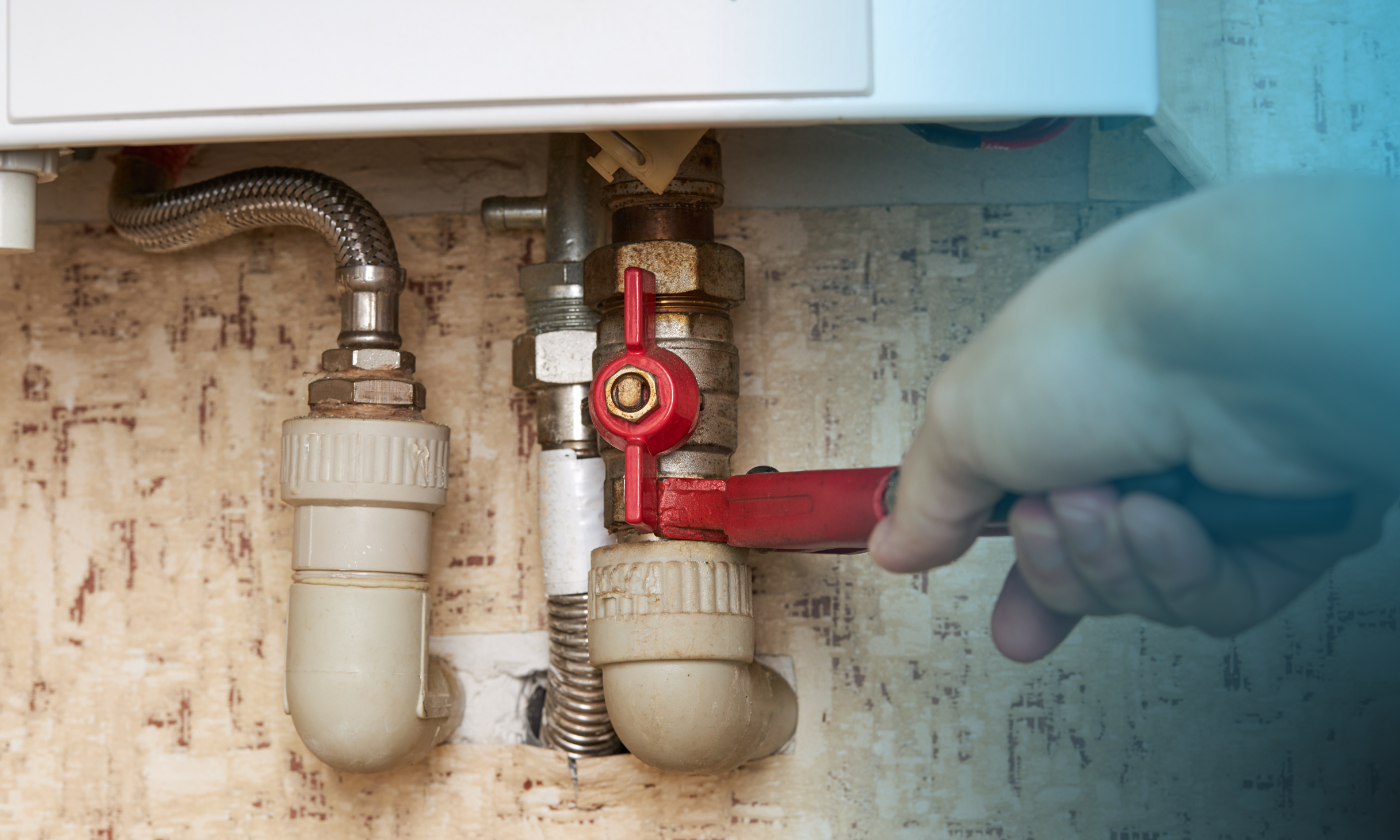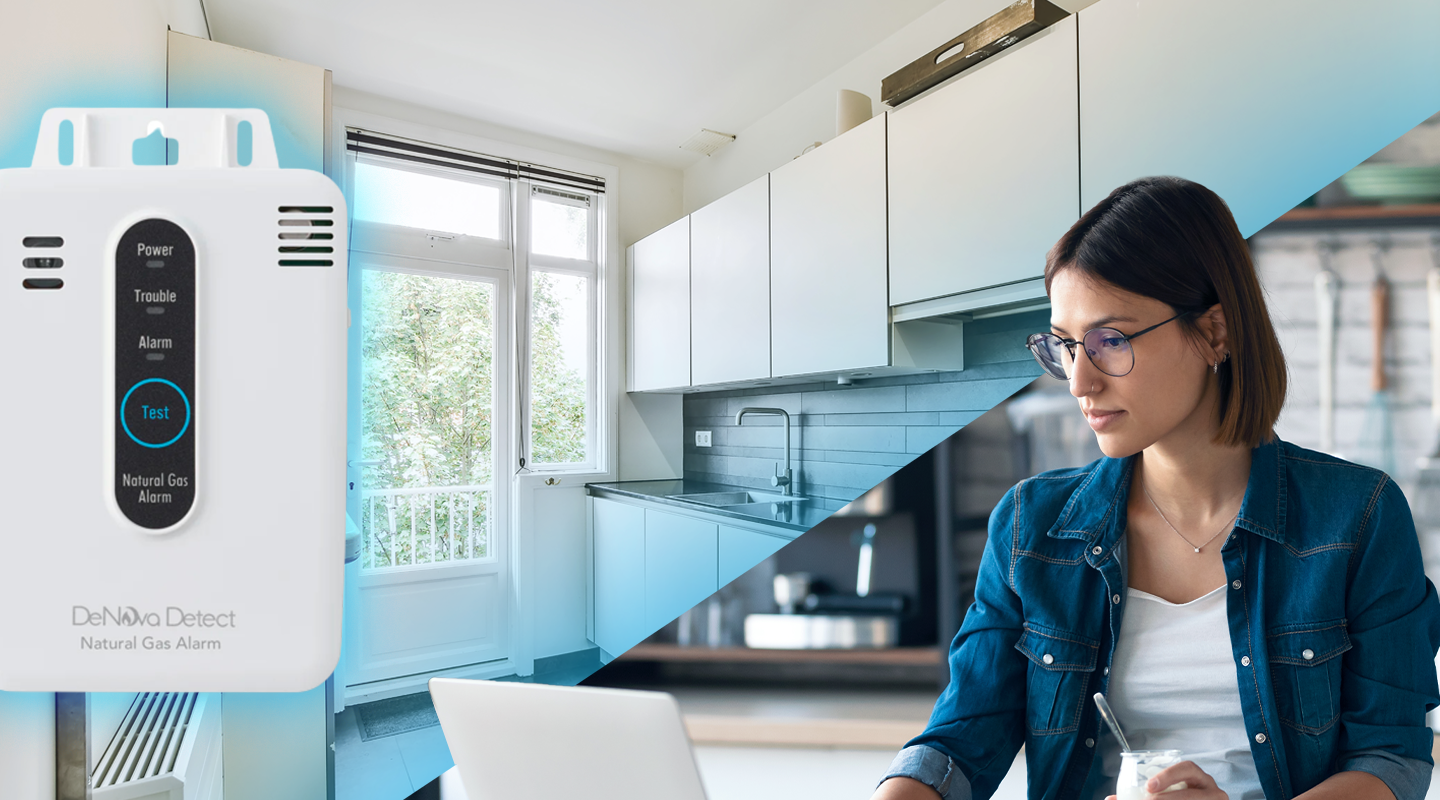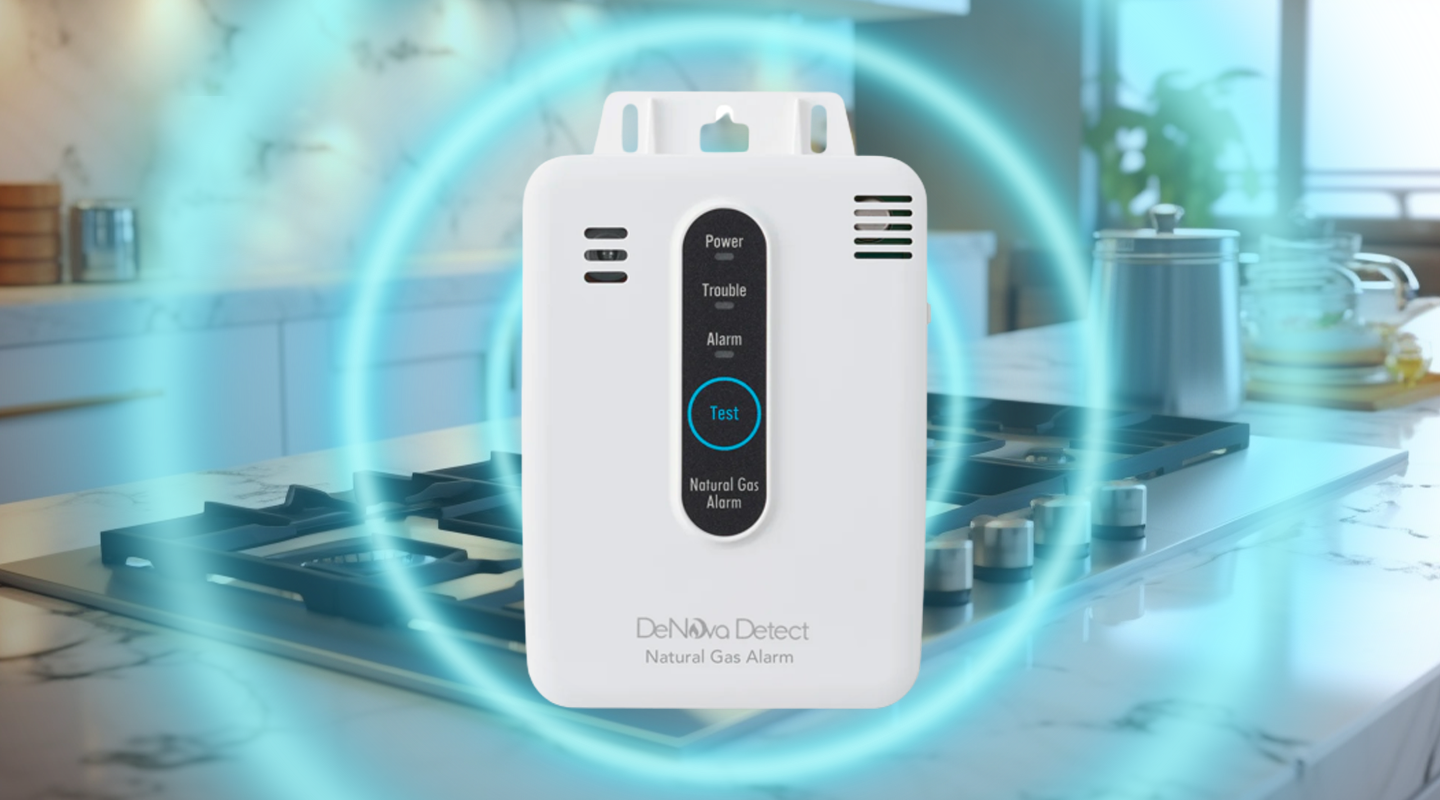With almost everything we use in our daily lives, we must be careful and use precautions to remain safe. Of course, we never wish for something to go wrong, but it’s always a good idea to have a few fail-safe plans, especially when it comes to natural gas.
When dealing with natural gas, your safety always takes priority in your home or business. While a natural gas alarm fills in the gaps of your own natural gas precautions, let’s examine other tips to keep yourself and your loved ones safe.
Other ways to cover your bases include:
Stock a fire extinguisher in the kitchen.
Fire extinguishers may be small, but they play a significant role in saving lives and property by putting out a small fire or suppressing it until the fire department arrives. Fires from natural gas become less common when caught early, especially with a dependable natural gas detector, but accidents do happen. A fire extinguisher within reach can swiftly put out or subdue the flames before any real damage occurs.
It’s also extremely important to remember that not all fire extinguishers work for every fire. Fires caused by natural gas need a different solution than a grease or lithium battery fire, so it’s beneficial to pay close attention when choosing the right one. Here’s a quick breakdown of the different fire classes and which extinguisher you’ll need for each.
- Fire Class A: Fires of solid, non-melting materials from an ember and flames (i.e., wood, hay, paper, cardboard, textiles, coal, car tires, non-melting plastics)
- Can use a powder extinguisher with ABC powder, a water extinguisher, a foam extinguisher, or a grease fire extinguisher
- Fire Class B: Fires of liquid substances or substances that become liquid (i.e., gasoline, tar, varnish, oil, alcohol)
- Can use ABC and BC powder extinguishers, foam extinguishers, CO2 extinguishers, or grease fire extinguishers
- Fire Class C: Fires of gases (i.e., methane, propane, hydrogen)
- Requires ABC and BC powder extinguishers
- Fire Class D: Fires of metals (i.e., aluminum, magnesium, potassium, sodium)
- Requires a powder extinguisher with metal fire powder
- Fire Class F: Fat fires in deep-fat fryers, pots, and pans. (i.e., cooking oil, deep-frying fat)
- Requires a grease fire extinguisher
Being prepared for potential situations can lessen and even prevent any damage to you, your loved ones, and your property. Never put yourself or others in danger.
Be cautious with candles and incense.
Be sure to watch burning candles and incense in your home. If left unsupervised, they become potential fire hazards and release airborne particles, which can disturb your upper respiratory tract. Airborne particles are also flammable under certain conditions, so don’t leave your candles lit for an extended period.
Also, avoid using candles and incense in the bedroom and other areas where people may fall asleep and forget about them.
Read all the labels on your gas appliances.
Gas appliance labels are a clear and easy way to communicate the status and safety of gas appliances. Natural gas companies periodically conduct inspections of residential gas systems. When they find a problem with a gas appliance, they may deactivate and “red tag” it, also known as “Appliance or Piping Shut Off Notice." This indicates a safety concern that could lead to a natural gas leak.
If you have questions about a red tag or other tags on an appliance or gas system in your property, you should direct them to the utility that placed the tag. Never attempt to reconnect any appliance that has been red-tagged. While it may be inconvenient, faulty natural gas appliances can create deadly conditions in minutes.
Related post: The Role of Utility Companies in Preventing Natural Gas Leaks
Don’t skimp on maintenance.
Conducting regular maintenance on all your natural gas appliances is among the top natural gas safety tips you should consider using. Doing so helps to prevent and identify any natural gas leaks before it’s too late.
However, if any of these natural gas appliances start malfunctioning, you should discontinue use and schedule repairs. If there is an associated gas leak, no matter how small, you should close your shut-off valve if you can do so safely or leave your home immediately if not.
Call the necessary professionals as soon as it is safely possible.
Understanding various natural gas safety tips is the key to ensuring safety at home. With the above knowledge and reliable natural gas detectors for home, you can ensure natural gas safety in your home and prevent risks associated with leaks.
If you want more information on preventing natural gas leaks, visit our natural gas blog or contact us at support@denovadetect.com.





Leave a comment
This site is protected by hCaptcha and the hCaptcha Privacy Policy and Terms of Service apply.